Have you ever had this happen to you? You land a new client (yay!), conduct an introductory call, and then settle on your first assignment.
Then, you clack away at the keyboard and write something 100% OUT OF THIS WORLD AWESOME.
Next step: Send Google Doc to the client, shimmy, and bask in your coolness.
The next day you get the surprising and dreadful email. "This is great, but it's not quite what we were going for. Could you rewrite it to say X, Y, and Z, please?"
Gasp! All your hard work feels wasted and you have to start over.
If this has ever happened to you, you're not alone. It happens to a lot of freelance writers. I've been freelancing for 10 years, and have had this happen to me a few times throughout the years.
I didn't miss the mark because I am the worst freelancer in the world. I had to re-do my work because I didn't take enough time with the client setting expectations, understanding their content marketing goals, and learning exactly what it is they want the blog post to do and say.
These were my two drastic mistakes:
I didn't know what questions to ask on a kick-off call (oops!)
I wasn't sending clients a content brief (double oops!)
After making this mistake a few times in my early days, I decided never again. I did the research and came up with some killer kick-off Qs and a pretty rad content brief.
I cannot begin to tell you how much time fine-tuning my onboarding process has saved me.
If this scenario rings true with you, I'd encourage you to take a closer look at what you are doing right after you acquire your customers. Do you send new customers a proposal and contract? How about an onboarding email with the next steps? Do you ask them the right questions during your kick-off call? Do you send a content brief? What about sending an outline before going hog wild and writing your whole piece?
If you haven't ironed out your onboarding processes, the time is now to start. You won't regret it.
If you need help, I have good news! I sell guides + proven templates you can use to grow your freelance writing business the right way.








